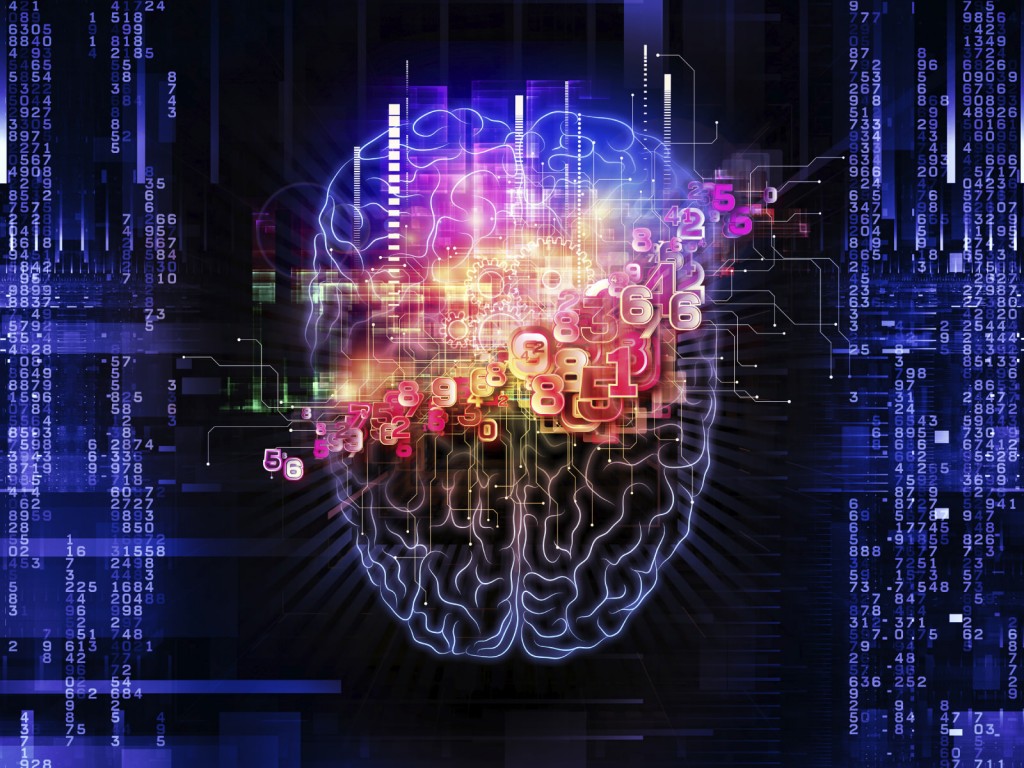 New innovative technological tools are being developed to help those who are having trouble recalling, forming and retrieving memories due to traumatic brain injury. Many of these tools are being developed specifically with military veterans and contractors in mind to help build understanding of the unique brain injuries that can arise from overseas work. Recent reports suggest that those suffering may soon have their lost memory functions restored through the development of a new brain implant from the U.S., described as a “wireless neuroprosthetics” that would help patients overcome memory deficits and bridge gaps in the flow of information caused by brain injury.
New innovative technological tools are being developed to help those who are having trouble recalling, forming and retrieving memories due to traumatic brain injury. Many of these tools are being developed specifically with military veterans and contractors in mind to help build understanding of the unique brain injuries that can arise from overseas work. Recent reports suggest that those suffering may soon have their lost memory functions restored through the development of a new brain implant from the U.S., described as a “wireless neuroprosthetics” that would help patients overcome memory deficits and bridge gaps in the flow of information caused by brain injury.
The development of the “wireless neuroprosthetics” comes from the program initiative of the U.S. government called Restoring Active Memory (RAM) programme. The goal of the program is to provide a “new wireless, fully implantable neural-interface medical device.” The primary agency involved in implementation and managing of such program is the the Defence Advanced Research Projects Agency (DARPA), and the agency’s focus is on creating “detailed, high-resolution computer models to understand how neurons code declarative memories, the knowledge that patients can consciously recall and describe in words like events, times and places.” This work is part of a larger effort in both the medical and biotechnology industry to continue creating various forms of neuroprosthetics, including medical technology focused on assisting military veterans will an array of disabilities and medical issues.
A large percentage of the military veterans and contractors suffer from TBI. The percentage of victims has ballooned in the last decade and a half with long-lasting consequences. A traumatic brain injury may have many ramifications, including an impaired ability to retrieve memories or recall events that happened before the injury. TBI may also lead to reduced capacity to create or retain new memories.
Addressing the TBI Memory Problem
In order to adequately treat TBI, the RAM program focuses on “new methods for the analysis and decoding of neural signals [where] these methods could help determine how the brain could reestablish the ability to encode new memories, following brain injury through targeted stimulation.” Targeted stimulation is believed to enhance brain performance and capacity, including the neural signals and exchange, that are primarily believed to facilitate long-term mental health, growth, and development. This is based on well-established medical research that shows brain stimulation can not only enhance current brain function, but can similarly provide an outgrowth of new brain development that itself may be able to capture and overcome past memory loss or function.
The DARPA continues to conduct various clinical trials of its device with volunteers, both within and outside of the military. The research is consistent with DARPA’s prior work and involvement in effectuating medical technology to benefit those suffering TBI in overseas work. For instance, DARPA has already provided technologies focused on the human brain, including the development of mind-controlled prosthetic limbs that “help a patient paralysed for more than a decade to feel physical touch again.” In regards to DARPA’s wireless neuroprosthetics, the clinical trials remain positively hopeful. The implants have already greatly assisted military veterans experiencing TBI to regain memory loss, including both long and short-term.
The response by sufferers and their families has also been heart-warming. TBI victims are able to undergo clinical trials, and when there is successful treatment, are able to clearly recall, recognize, understand, and otherwise form relationships with their loved ones again. In the past, the brain injury may have permanently altered or limited their ability to form memories and have a clear recollection of their families. For thousands of families, such implant technology is proving invaluable, providing others with the ability to have a second chance at life and in so doing, allowing an opportunity for them to continue living a normal life.
Did You Suffer a TBI Overseas? Contact our Firm
Access to these and similar advances is critical for defense contractors who suffer a TBI. Of course, medical costs can be prohibitive. Fortunately, the Defense Base Act provides support for all those overseas contractors who are hurt as a result of their work. If your spouse or loved one was injured while working outside of the United States for or as a U.S. government contractor, please contact the Defense Base Act attorneys at Barnett, Lerner, Karsen & Frankel, P.A.
Handling these matters on your own can be a mistake, leading to unnecessary delay and far less financial support than necessary (or deserved). There are complex rules regarding what injuries qualify for coverage and the exact support that is given. With the aid of a professional you can be assured that you are being fully compensated to provide the best opportunity for a full recovery. With complex injuries like TBI, it is important to have access to the full range of care and rehabilitation options available. Call our office today to see how we can advocate on your behalf.
